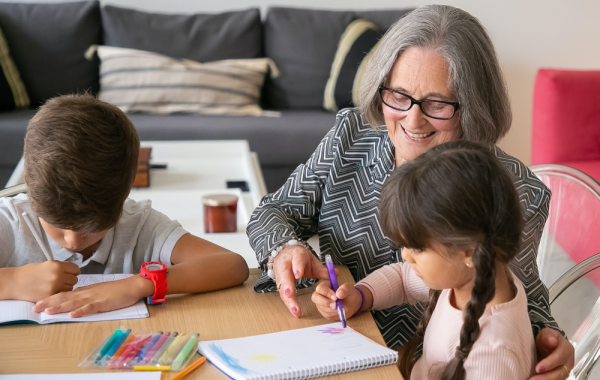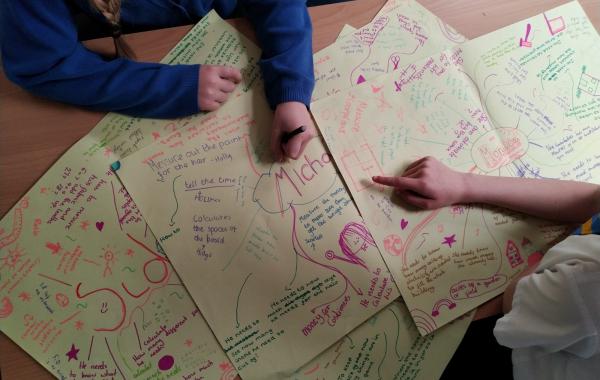The research comes as latest international data – both from the Trends in International Mathematics and Science Study (TIMSS) and from the OECD’s Programme for International Student Assessment (PISA) – show that UK pupils are still trailing behind many other countries.
Although in recent years around two-thirds of teenagers in England have passed GCSE maths at grade C or above, only a quarter of these 16-24 year-olds are at the same level (Level 2) for practical maths skills, according to the government’s Skills for Life data. This suggests that the current provision of maths education is not adequate for three-quarters of students and does not equip them with the essential everyday maths skills that they need for work and life.
Mike Ellicock, CEO of National Numeracy, said: “Being numerate means having competence and confidence to use numbers for decision making in everyday life. The current assessment system tests increasingly complex mathematics in simple - often abstract - scenarios, whereas the sort of maths that is needed in everyday life tends to be relatively simple in complex situations. For many the link between these two types of maths is too tenuous, this switches too many young people off maths too early and plays a big part in perpetuating the UK’s numeracy problem.”
Lynne McClure, Director of Cambridge Mathematics, commented: “We are committed to championing an exceptional maths education for all students, including those for whom maths will only be used in their everyday life, and so we are excited to partner with National Numeracy in sponsoring this new report. It will provide some insight into what is really needed to deliver a maths education that will not just benefit the 25 percent of students, but will be fit for purpose across the board.”
The research results, due to be published early next year, will be used by the Cambridge Mathematics team to build a framework for mathematics education that will encourage continued study of the subject by all students and be recognised worldwide.






